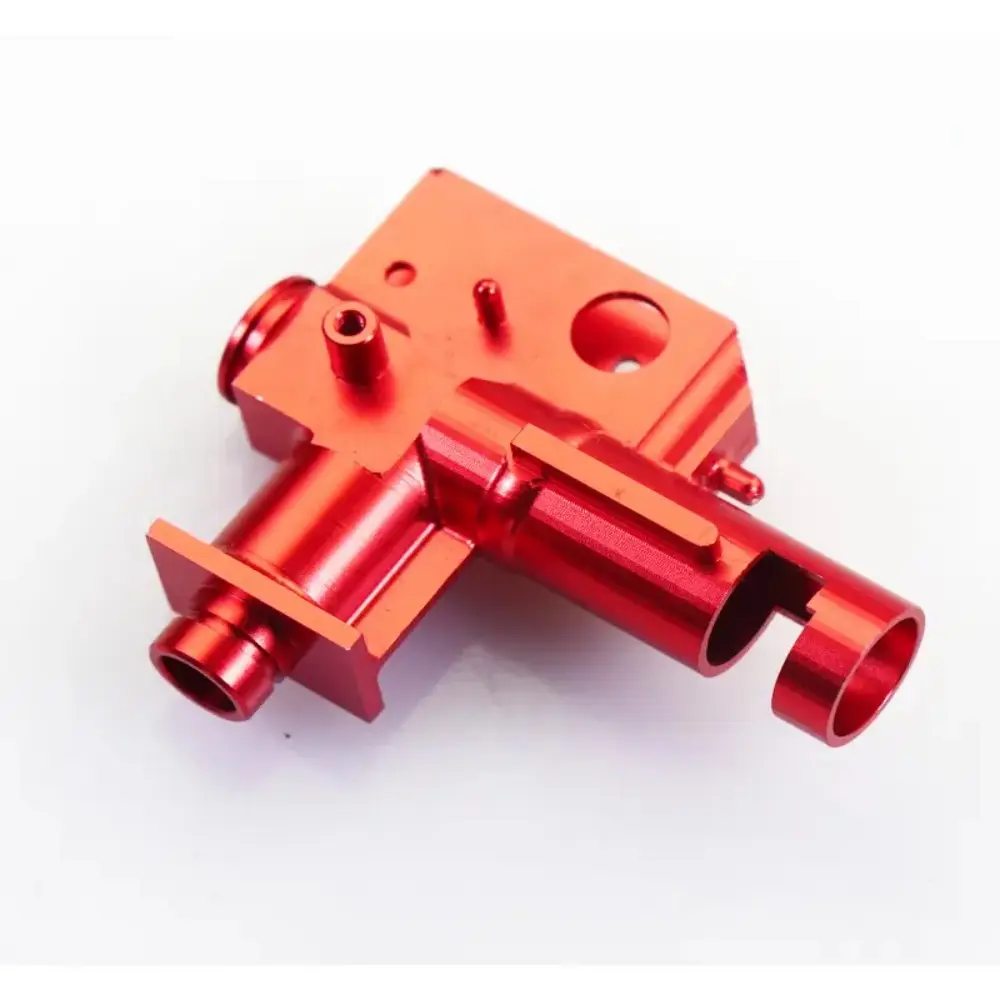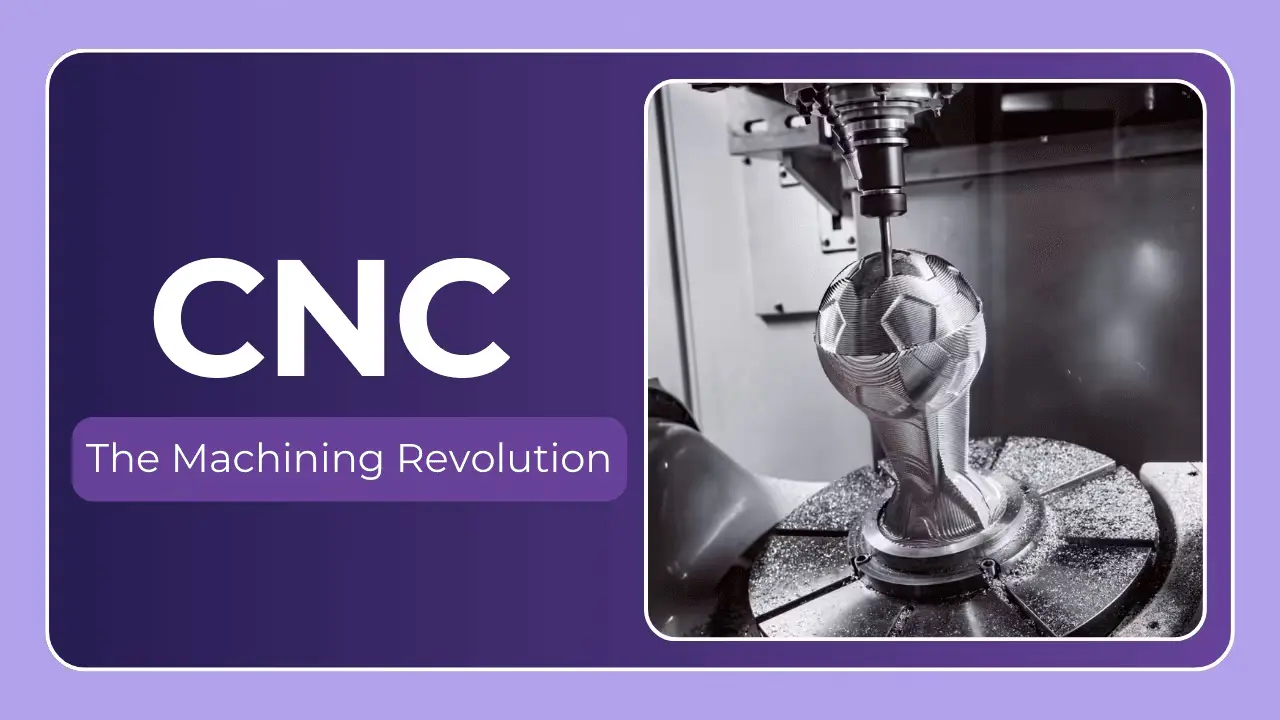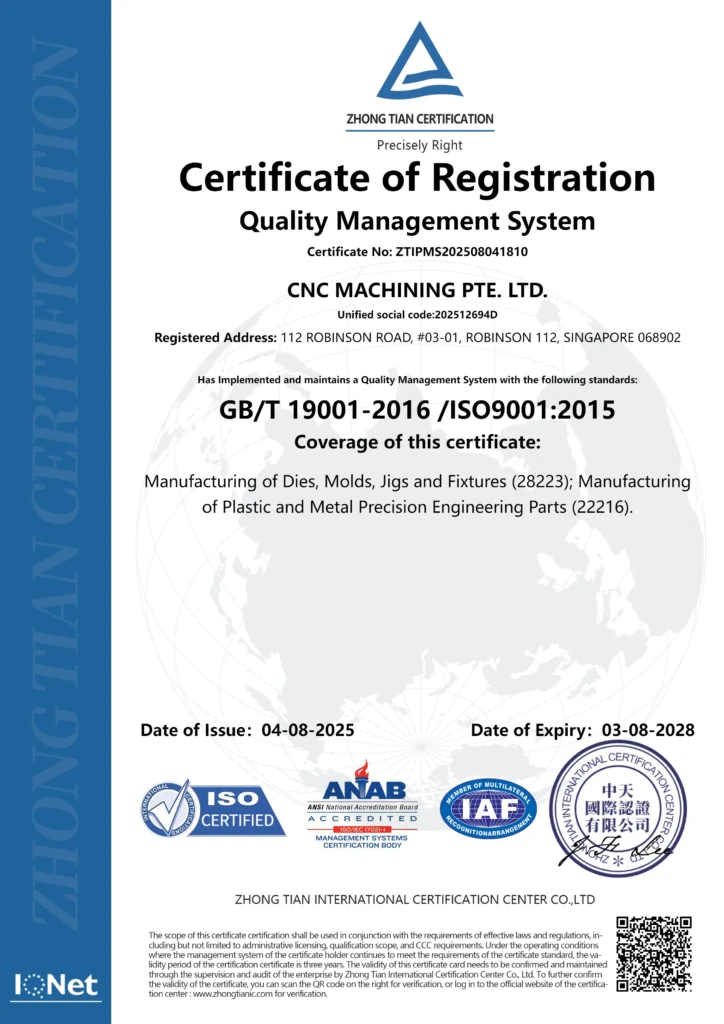Why ISO 9001 & ISO 13485 Matter: Choosing Certified CNC Services in Singapore
In today’s highly regulated manufacturing environment, partnering with a Choosing Certified CNC Services provider is critical—especially when precision, traceability, and compliance underpin product safety and performance. For engineers, procurement specialists, startup founders, and multinational executives sourcing CNC machining in Singapore, understanding the value of ISO 9001 (quality management) and ISO 13485 (medical device quality) certifications is non‑negotiable. This in‑depth guide illustrates why these standards matter across aerospace, automotive, and general industries, and offers long‑tail keyword insights to help you find the right, certified CNC partner.
The Foundation of Quality: ISO 9001 in CNC Machining
What ISO 9001 Certification Entails
ISO 9001 specifies requirements for a Quality Management System (QMS) that consistently delivers products meeting customer and regulatory demands. A CNC shop with ISO 9001 accreditation demonstrates:
- Documented Processes: Every step—programming, setup, machining, inspection—is standardized and auditable.
- Continuous Improvement: Data‑driven reviews drive root‑cause analysis, corrective actions, and process optimization.
- Customer Focus: Structured feedback loops ensure timely responses to non‑conformances and design changes.
Benefits for Aerospace & Automotive Sectors
- Traceability: From raw material heat numbers to final inspection reports, ISO 9001-certified shops maintain complete part histories—essential for aerospace fittings and automotive safety components.
- Risk Management: Proactive identification of process risks (e.g., tool wear, thermal drift) reduces scrap and rework, delivering on-time, in-tolerance parts.
- Supplier Consistency: Multinational OEMs require reliable partners; ISO 9001 approval assures consistent quality across global supply chains.
Specialized Assurance: ISO 13485 for Medical Components
The Role of ISO 13485 in Medical CNC Machining
ISO 13485 builds upon ISO 9001, adding strict controls for medical device production. Key elements include:
- Sterile Process Validation: Ensures that CNC machining, cleaning, and packaging prevent contamination of surgical instruments and implants.
- Regulatory Compliance: Aligns with FDA 21 CFR 820 and EU MDR, simplifying global market entry for CNC‑machined medical parts.
- Traceable Materials & Lots: Guarantees every implantable device (e.g., bone screws, orthopedic plates) can be traced back to batch and supplier for biocompatibility certification.
Why Startups & OEMs Choose ISO 13485 Shops
- Faster Approvals: Working with ISO 13485-certified CNC services reduces time-to-market by streamlining design verification and validation.
- Risk Mitigation: Documented sterilization and cleaning protocols minimize liability for device manufacturers.
- Patient Safety: Adherence to ISO 13485 ensures that critical tolerances and surface finishes meet stringent biocompatibility requirements.
Integrating Certifications into Your Sourcing Strategy
Beyond Certification—Evaluating Capabilities
While ISO 9001 and ISO 13485 certification lay the groundwork, also assess:
- 4‑ & 5‑Axis Machining: For complex geometries in aerospace brackets or medical implants.
- Material Expertise: Aluminum alloys (6061, 7075), stainless steels (316L, 17‑4 PH), titanium, PEEK.
- One‑Stop Finishing: Anodizing, passivation, electropolishing, and sterile packaging.
- Turnaround Time: Rapid prototyping to production runs—48‑hour quotes and 5‑day sample delivery options.
Case Study Highlights
Aerospace Bracket Production
An international avionics OEM required 5‑axis milled aluminum brackets with ±10 µm tolerances and full traceability. Partnering with an ISO 9001-certified Singapore shop ensured on-time delivery and zero defects during first-article inspection.
Medical Implant Prototyping
A medtech startup needed titanium bone anchors conforming to ISO 13485 protocols. The certified shop provided sterile finishing, lot certification, and batch-level documentation—accelerating the startup’s FDA submission by two weeks.
Conclusion
When quality and compliance are mission-critical, Choosing Certified CNC Services is not just a checkbox—it’s a strategic imperative. ISO 9001 and ISO 13485 certifications signal a partner’s commitment to robust quality systems, traceability, and regulatory alignment across aerospace, automotive, and medical sectors. By targeting long-tail keywords and evaluating full-service capabilities, you can confidently select a Singapore CNC provider that safeguards your product’s performance, reliability, and market success.





